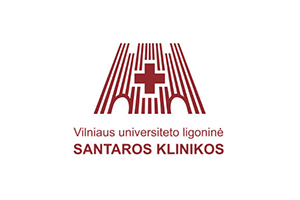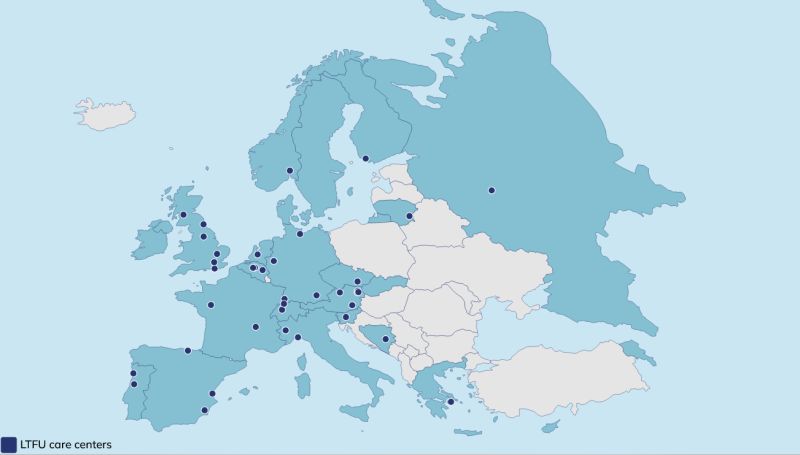In this interview, we meet physician Jelena Rascon from the Vilnius University Hospital Santaros Klinikos .


Why did you join PanCareSurPass?
I am pediatric oncologist and hematologist, and I am heading the Centre for Pediatric Oncology and Hematology at VULSK. The PanCareSurPass project is an opportunity to strengthen the follow-up of childhood cancer survivors (CCS) in Lithuania and scale-up the survivorship care in a higher level.
Introduce your clinic shortly.
Vilnius University Hospital Santaros Klinikos (VULSK) is the principal multi-profile hospital in Lithuania (1M out- & 81K in-patients annually), is a full- member of 8 European Reference Networks. The hospital has expertise in R&D incl. phase I-IV clinical trials of investigational medicinal products and medical devices, observational studies and international registries.
Children with cancer have been treated at VULSK since 1981. The Centre of Pediatric Oncology and Hematology, the biggest childhood cancer center in Lithuania and the Baltic region and is a full member of the European Reference Network for Pediatric Oncology (ERN PaedCan). Approximately 40-50 new childhood cancer cases are diagnosed and treated each year including leukemia, CNS and other solid tumors. A routine follow-up system of childhood cancer survivors is implemented in the daily practice supported by electronic discharge records accessible to other health care providers country-wide.
The Hospital is a leader in health IT and medical informatics. VULSK has developed in house hospital information system, which integrates electronic health record, laboratory, images and signals archives, staff and resource management, document management, and many other systems that are necessary for effective health care services. VULSK is actively involved in the development of a national electronic health system.
Why do you think PanCareSurPass is an important project?
The PanCareSurPass project will improved shared care of CCS. It will empower CCS in decision-making process. It will simplify the complex information of the treatment and complication and will make this information accessible to the primary care system.
What makes this project unique for you?
The possibility to collaborate with the most advanced European institutions in the field of survivorship care.
What do you hope this project will achieve?
I will make survivorship care more systematic, will standardize in a certain way. Additionally, it will scale-up the use of IT tools to maximize their exploitation in information sharing.
What’s the biggest challenge for your clinic?
Currently, the biggest challenge is to retrieve the information on treatment stored in paper files.






